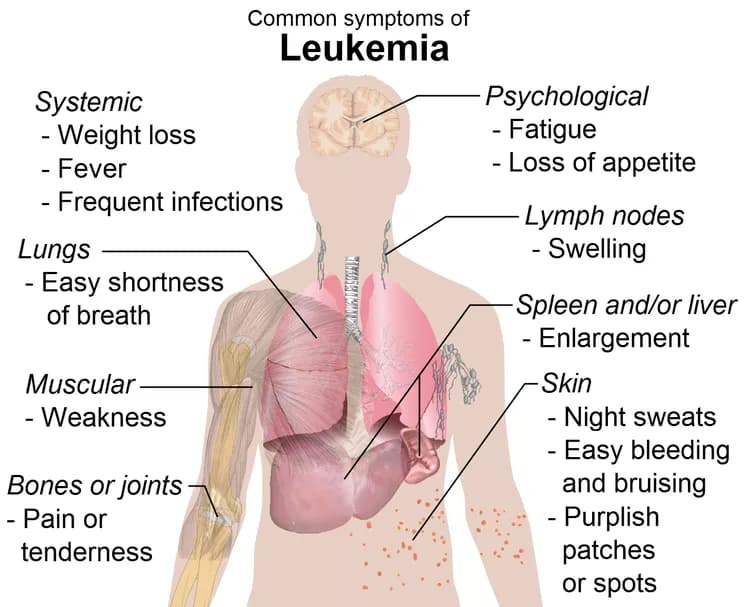
Leukemia Drug Combo Is Encouraging In Early Phase I Clinical Trial
Researchers from Columbia University Medical Center and NewYork-Presbyterian reported that 8 out of 12 patients with relapsed and/or chemotherapy refractory acute myeloid leukemia (AML) or other blood cancers responded to a regimen including the chemotherapy drugs thioguanine and decitabine. Results from this small phase I study were reported at the American Society of Hematology's annual conference.
"Outcomes are typically poor for older patients with advanced blood cancers, and new therapies are desperately needed to help patients with these cancers achieve remission," said Mark Frattini, MD, PhD, associate professor of medicine at Columbia University Medical Center (CUMC) and blood cancer specialist at NewYork-Presbyterian. "While our study was small, the response we saw in this phase I, dose-escalating trial was encouraging."
Previously, Frattini and colleagues had used a proprietary chemosensitivity screening assay to demonstrate that combining thioguanine and decitabine -- chemotherapy drugs that are commonly used as single agents to treat patients with AML -- restored therapeutic efficacy in leukemia cells from patients with relapsed and/or refractory disease.
In this study, the researchers tested the efficacy of the combination therapy in 12 older patients (median age of 67 years) with relapsed or chemotherapy refractory AML or chronic myelomonocytic leukemia, including 6 patients whose disease progressed after being treated previously with decitabine as a single agent. Of these, 11 patients completed the first treatment cycle, and 6 completed a second cycle, with a median of 3 rounds of treatment. Eight of the 11 evaluable patients responded to the combination therapy, including 6 who achieved a complete remission (5 in complete remission with incomplete count recovery). In addition, all of the patients who had progressed after prior treatment with decitabine alone responded to the combination therapy, demonstrating that the combination could overcome disease resistance to decitabine. Chemosensitivity assay results, obtained before treatment, accurately predicted each patient's response to the combination therapy.
After treatment with the combination therapy, 4 of the responders went on to have a stem cell transplant.
"The goal of chemotherapy for patients with relapsed and/or refractory AML and other blood cancers is to achieve a remission that enables them to undergo a potentially curative stem cell transplant," said Dr. Frattini. "With our phase I results, we have shown that this combination therapy can get some patients -- including those who failed to respond to or progressed after previous chemotherapy treatment with a single agent such as decitabine -- to that point. The next challenge for hematologic oncologists is to reduce morbidity and mortality associated with stem cell transplantation."
After the study, 2 of the patients who had a stem cell transplant died from transplant-related toxicity, and another relapsed. One patient has remained in remission for more than 2 years.
Materials provided by Columbia University Medical Center. Note: Content may be edited for style and length.
Disclaimer: DoveMed is not responsible for the adapted accuracy of news releases posted to DoveMed by contributing universities and institutions.
Related Articles
Test Your Knowledge
Asked by users
Related Centers
Related Specialties
Related Physicians
Related Procedures
Related Resources
Join DoveHubs
and connect with fellow professionals

0 Comments
Please log in to post a comment.